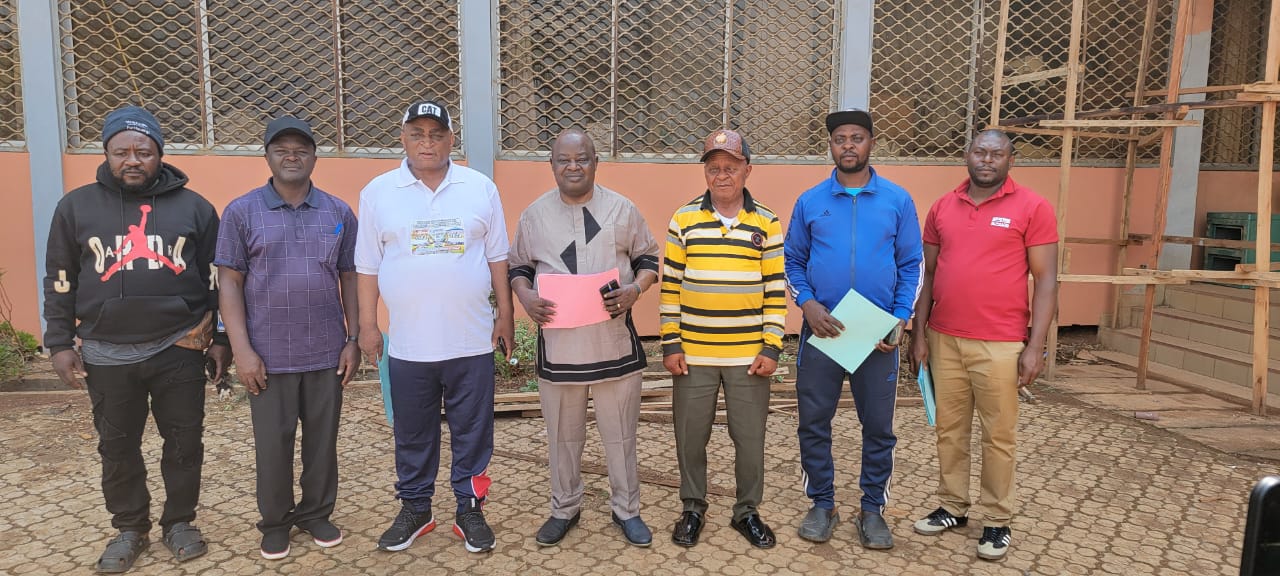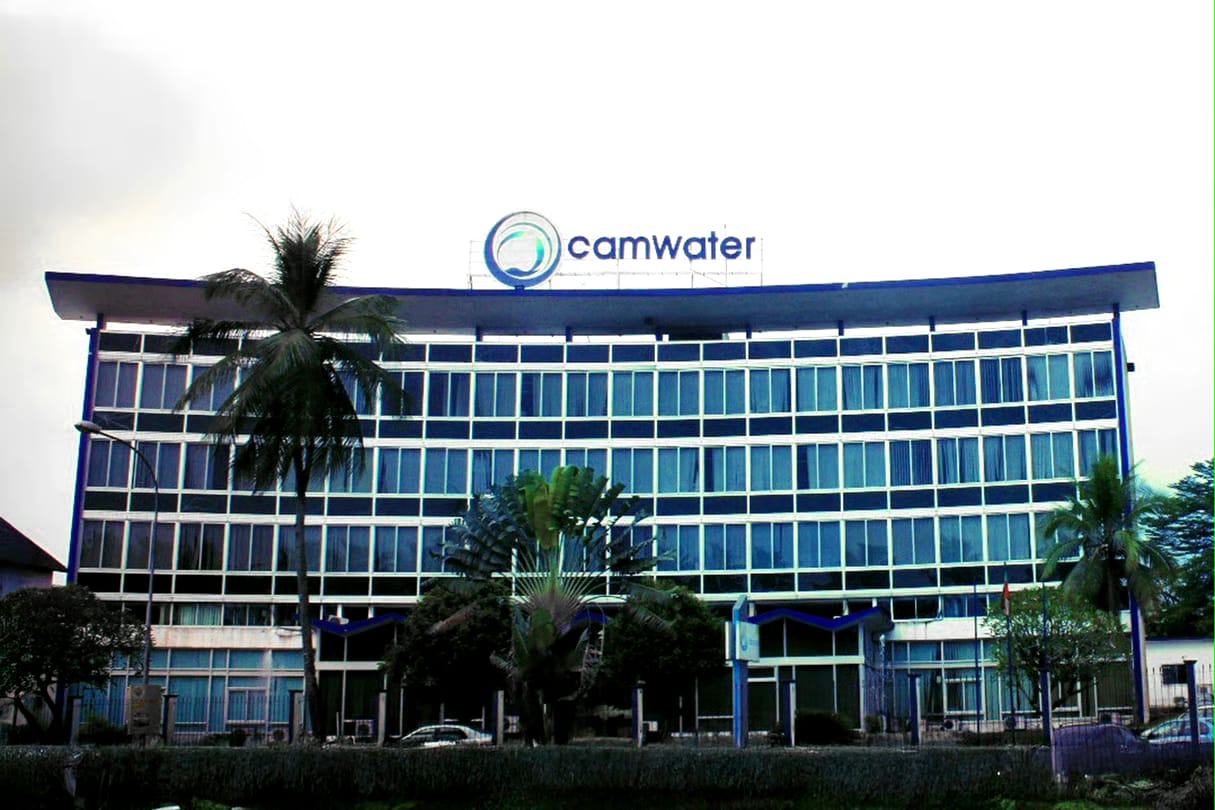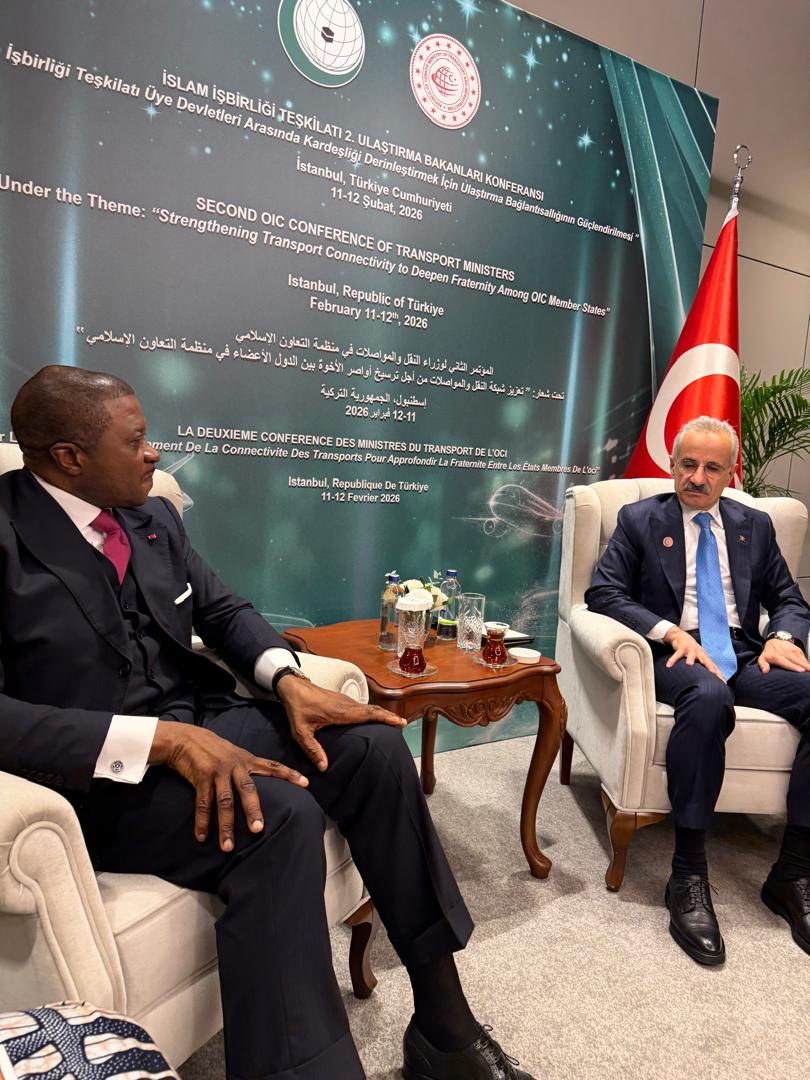Post-partum massage, an age old cultural practice in most communities in Cameroon and Africa, constitute the process of rubbing the belly of a nursing mother with extremely hot water few days after delivery.
Kenji Laure just put to birth, her baby is 2 weeks old. The baby cries for milk while Laure in the bathroom, screams out in pain as a towel soaked in hot water is being used to massage her tommy by her mother. Like Laure, this is the fate of most African young women.
This very controversial cultural practice is hatched by elderly women with the promise of toning the nursing mother’s silhouette, denatured by pregnancy, to its original state. The excruciatingly painful practice which has gained grounds over the years, has seen expert emerge in the domain in different communities. ‘Mama Welcome’ as she is fondly called is an epitome of such experienced skillful women in this craft in the Sawa culture, who greatly advocates for this practice. At the corner of her compound is found a small hut where she performs this ritual on nursing mothers.
‘’I started massaging because I had 13 pregnancies, my 5th pregnancy introduced me into this practice. After this I had the experience to massage others. When a woman puts to birth, it is good she has massages so she keeps shape. I am an advocate today because I know it is good. Even if you tell me science is against this practice, I still stand firm for it, » “Mama Welcome” told this reporter.

The painful screams gushed out by victim as a result the application of boiling point water via a towel on her abdomen, does not dawdle the smooth unfolding of the massage . ’Back then when I was massaged, my sister in-law will take a towel, steep in hot water and dilute in a bucket of cold water and hit on my tommy. I am a sawa and we use towels but others use brooms like our sisters from Yaoundé, ’she added.
The sawa tradition requires that woman be massaged after she puts to birth. A bucket containing hot water, a towel, a broom (for some) and banana leaves are the items used when massaging the Duala women. It is superstitiously believed that this physical ritual is a symbolic act whose spiritually connotation is to protects the woman’s womb. It is most often performed on the victim by her mother, grandmother or any elderly woman in the family.

Moudio Ndedi, a Sawa Indigene explains that Post-Partum massage locally referred to in the Douala language as MADIBA MAWEYA or Ntu’ which means hot water after birth, has for centuries been the armor for women.
« What they call Ntu , they put hot water, boil some leaves be it mango leaves, banana leaves or plumb leaves, put all together in a bucket. You inhale it or sit on the bucket so it hits your intimates. When a woman goes for baby shopping, she buys her own basin where she will sit in. After the massage, she will sit in warm water, the water must reach her navel and at that time she feels being in a sauna because she sweats a lot and you see she evacuates lumps of blood in the water and it is redemptive, » Moudio explains.
Today, despite the pain that comes with post natal massage, it has become a normalcy for many as they testify positively of results obtained at the denouement of this massage.
« It’s very important because we grew up meeting our forefathers, mothers rather have been through this massage and it works well for them. The benefits of this hot water therapy is that, it helps to bring the stomach to its original glow , because when you put to birth your stomach becomes black. At the same time, it helps to remove the blood,’’ recounts Ngum Mercy, holding her three- month old baby.
Ita another nursing mother testifies: “massaging your stomach with that hot water, is really painful, the water has to be hot then you are burning your lower abdomen with it so that the clotty blood can come out. It is painful but after that you feel better”.
On the other hand, pundits who subscribe to the evolution of science and medicine consider this practice as very barbaric.
“It is embarrassing to have to say that you don’t believe in something which is your tradition that people have been doing for decades in your family. All this is very painful and some people get burnt. They say it helps but nobody has proven that. I am not really for the fact that they should massage my stomach because I see it as a barbaric act,’’ says Anne Kamga, a nursing mother.
Sociological Aspect of post partum Massage
Society has shaped the woman into a number of said norms which remains applicable to most ethnic groups. Dr. Salomon Essag is a sociologist and explains why society embraces the idea of meddling with a woman’s abdomen immediately she delivers.
« In Cameroon, traditionally, post-partum massage is done according to different cultures with hot water or either a broom. The massage expert hits the water on the woman’s stomach. The general observation is that modernization of the society does not really impact the society in a considerable way. In rural parts of Cameroon, the practice does not encounter major challenge du modernity. In the Urban area, the mind set of women are turned towards other alternatives. »

Dr. Essag goes further to say that; « post-natal massage beyond the medicinal value has a sociocultural value as a factor of social cohesion and social reconciliation hence reinforcing the social link of the individual in the society ».
Post natal massage is basically tackled in our society on the sociocultural aspect, keeping aside what science says about this practice.
Science
In Cameroon, despite all the initiatives set up by the Ministry of Public Health to reduce the mortality rate, the situation remains alarming in terms of postnatal consultation; this is much more felt in the Littoral region of, which is one of the most affected regions because 43.1% of women who give birth in hospitals do not return to postnatal consultation and this rate is higher than the national average with a value of 21.5%
We had a brief exchange with Dr. Alphonse Ngalame a gynecologist who works at the Douala Gyneco- Obstetric and Pediatric Hospital and he had this to say ;
« we will say in science, when you use warm water, you open up vessels, blood vessels which were already closing after bleeding. God made it like that, when you deliver, a woman bleeds. Because of the coagulation products which have been given, they close the vessels. But when u come with warm water, it opens up these vessels and a woman can bleed more. Not only bleeding but she might have infections because the open vessels means the vagina is not closed and so easily gets infected. »

« At least these two complications are part of other complications, because at times they turn to press on the abdomen of these girls, they might turn to push down the uterus because they want to force it to go down to an assumed normal shape and it will lead to what they call, genital prolapse. »
The African culture and perception makes it hard to sensitize parents to abstein from practices post-natal massage. Medecin over the years has brought in substitutes which seem more assuring than the traditional massage.
« In modern medicine, there are upcoming specialties, in gynecology, subspecialties and experts who are specialized in physio therapy after child bearing. We have them in Yaoundé and we have them here in this hospital where I practice. There are experts who do this physiotherapy for women. » Dr. Galame added.
Besides, It is important for the perineum, the vulva, women who have had tears, stiches. Even those who feel their breast are falling, medics help them do a physiotherapy which does not necessitate the use of hot water.
Some 358,000 women die each year after childbirth, mostly in developing countries like Cameroon.Local massages causes severe bleeding in the postpartum period. It is the leading cause of maternal mortality, accounting for about 35% of all maternal deaths worldwide.




